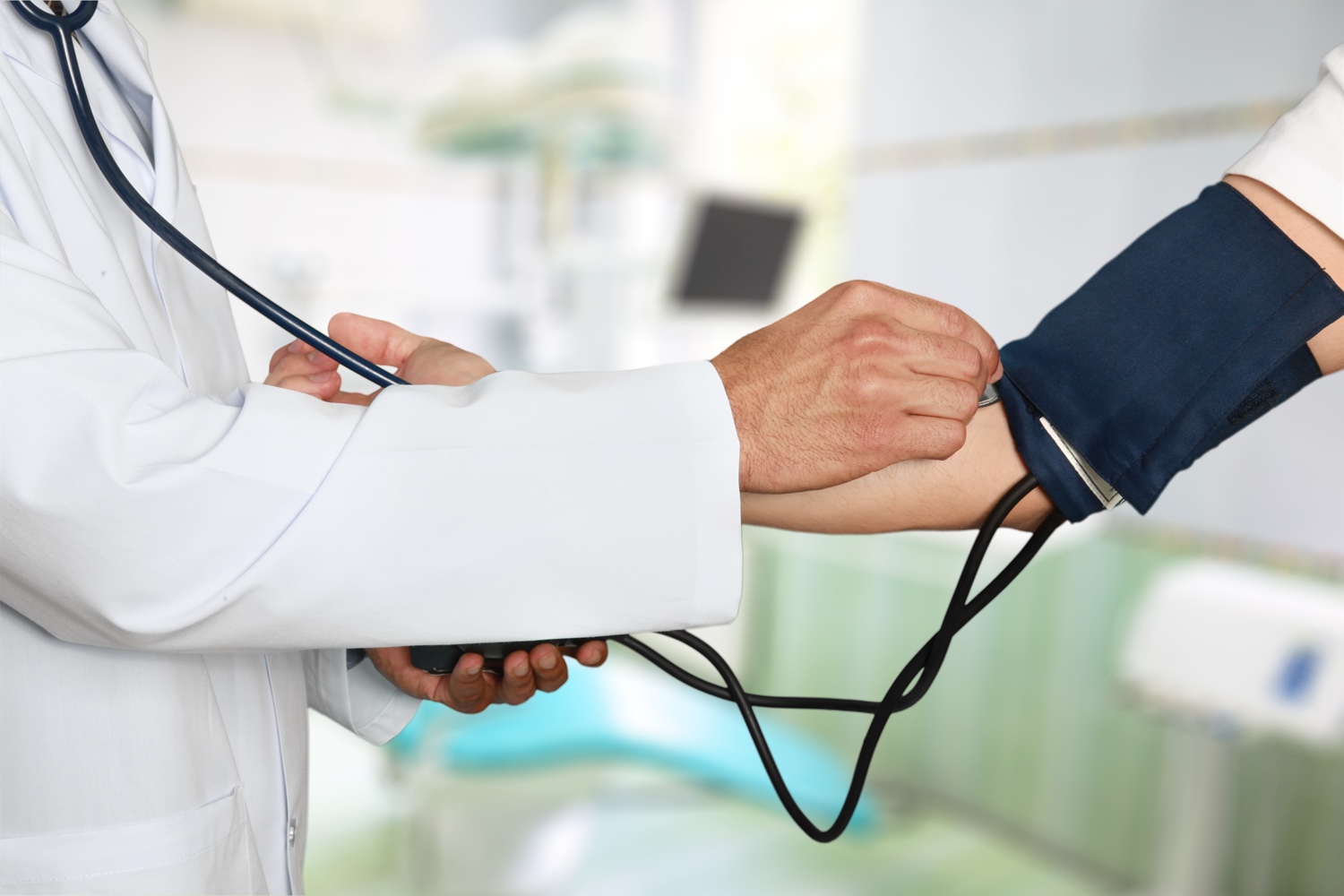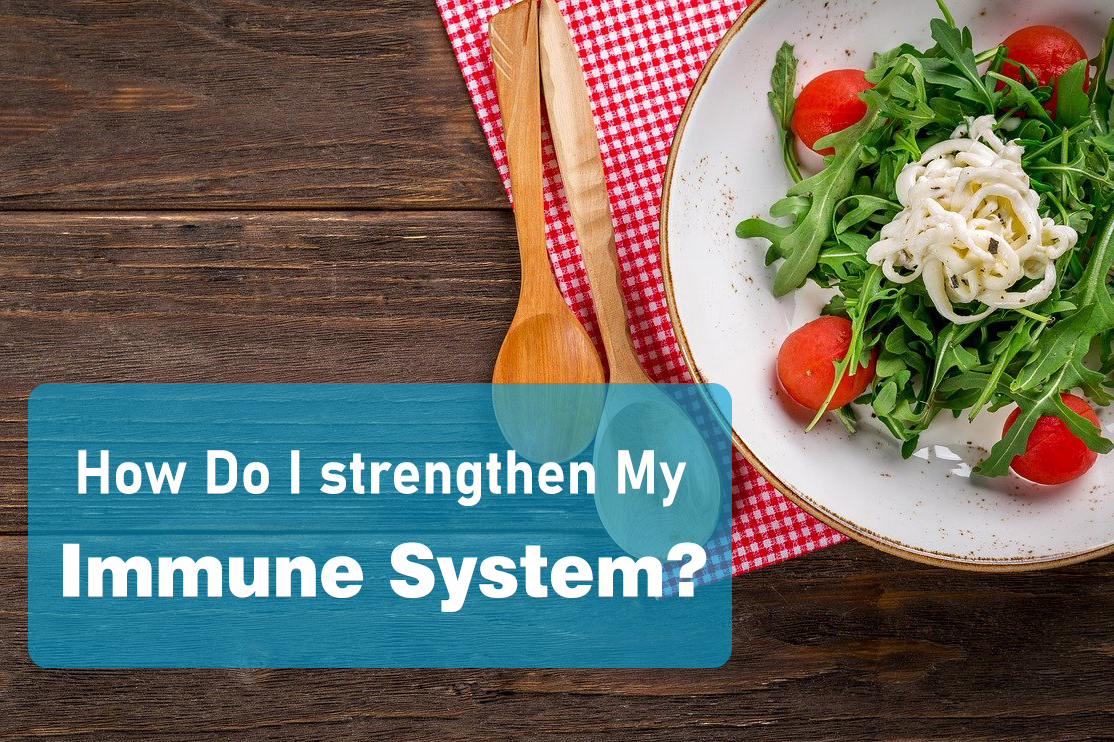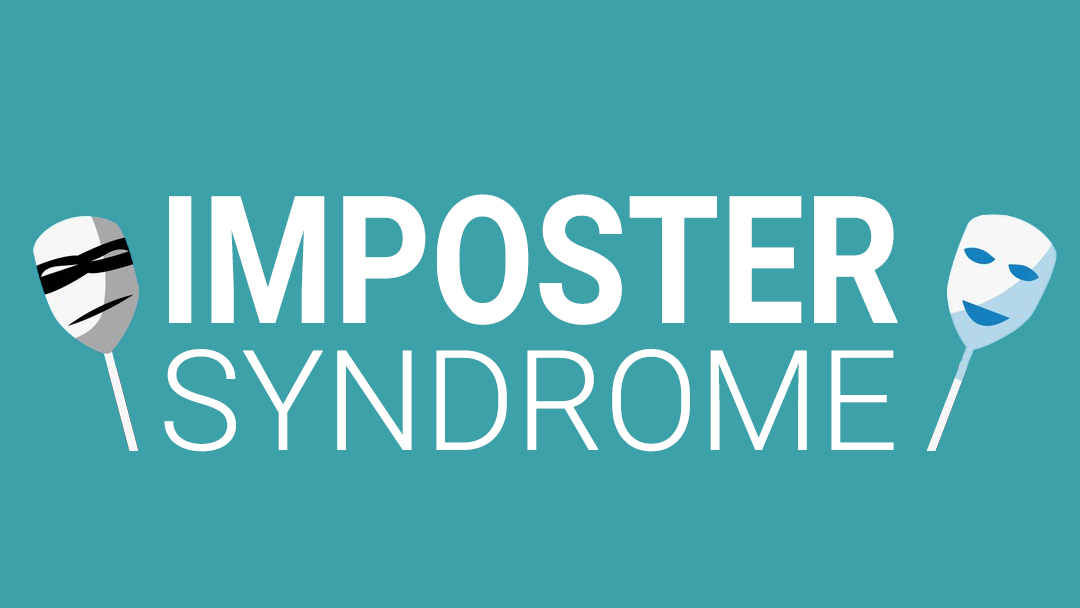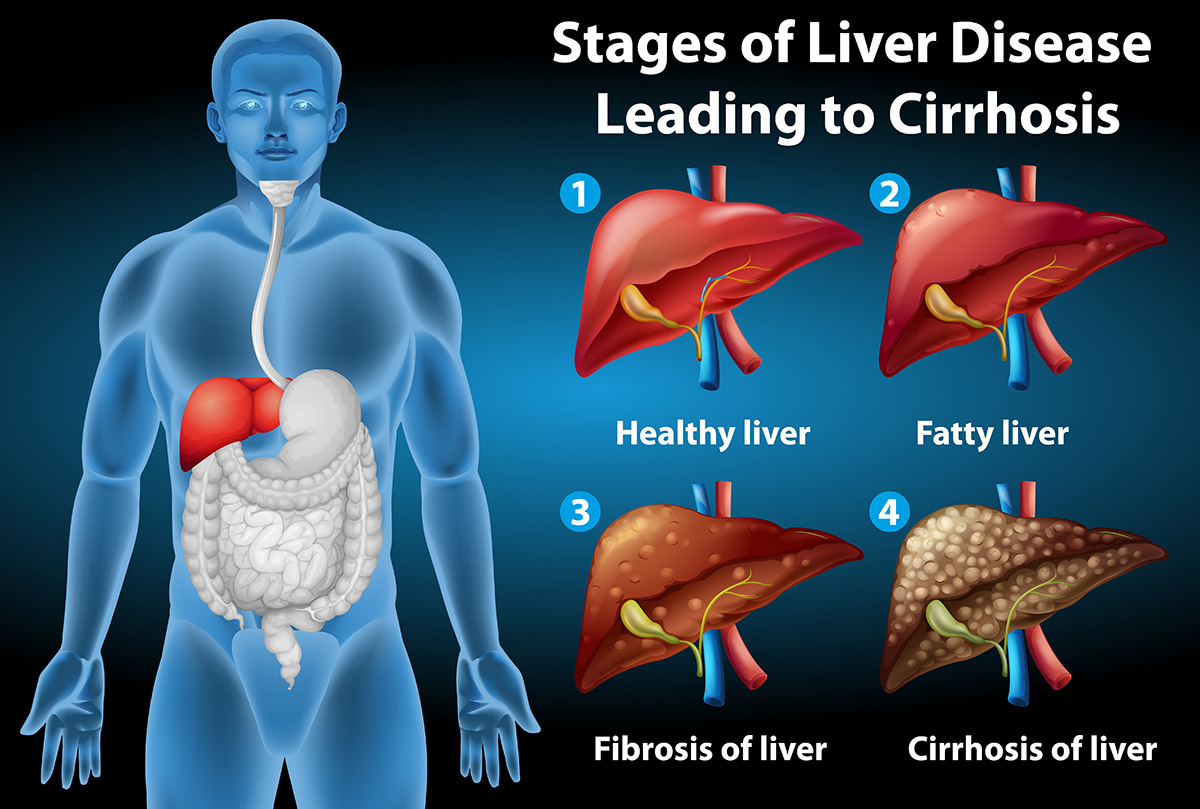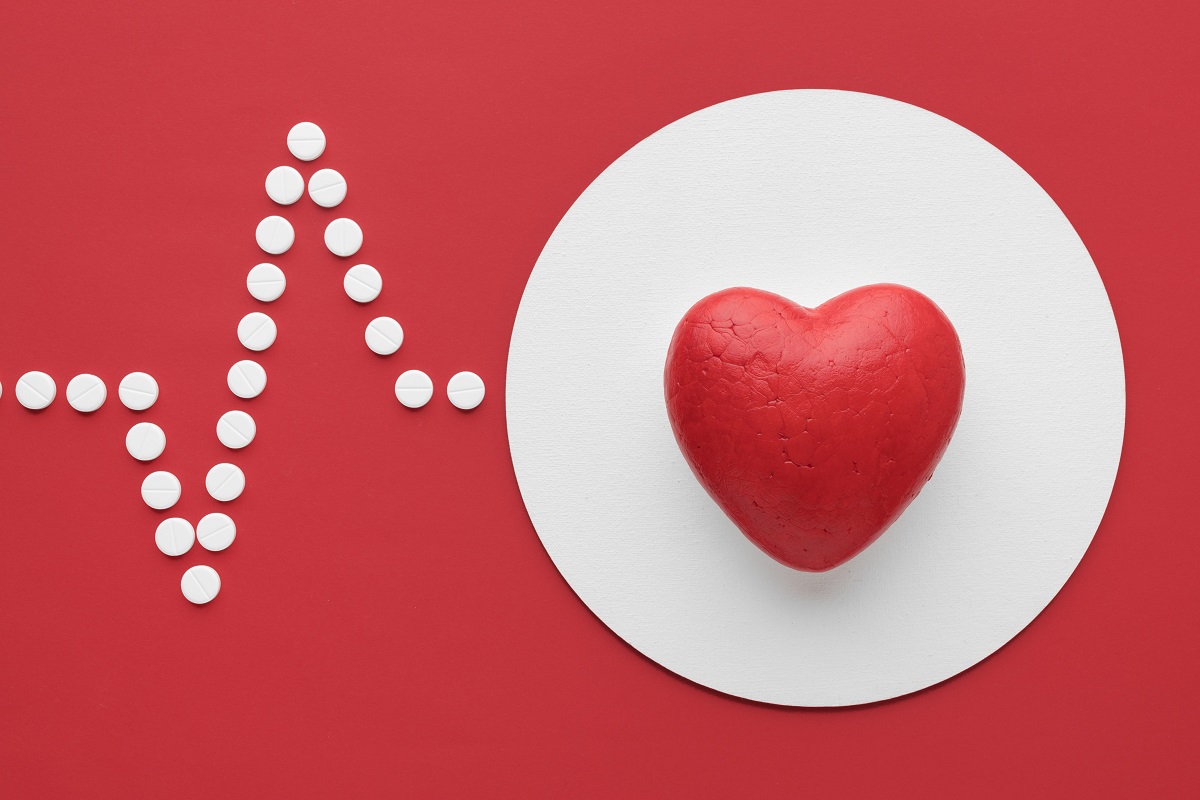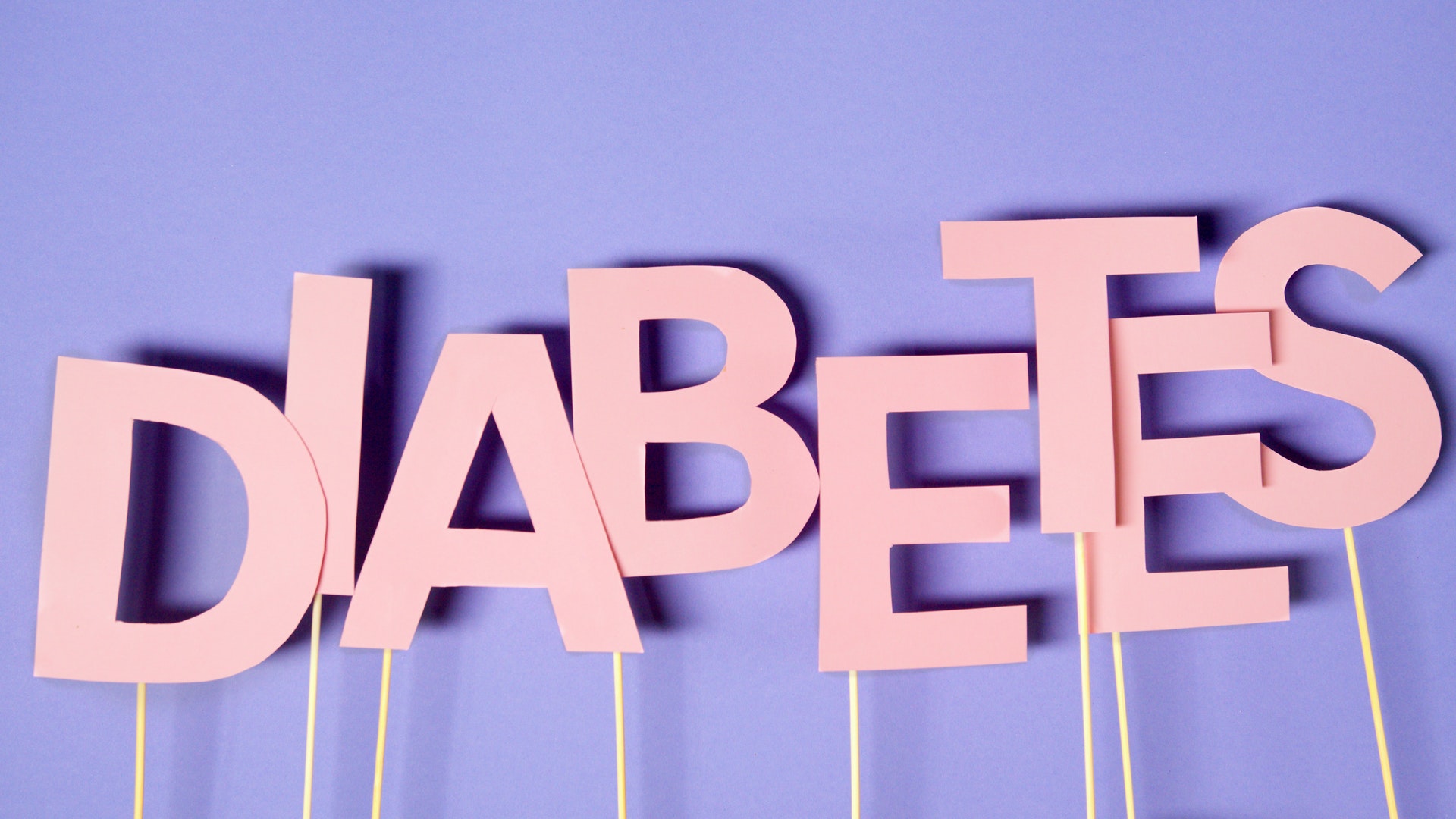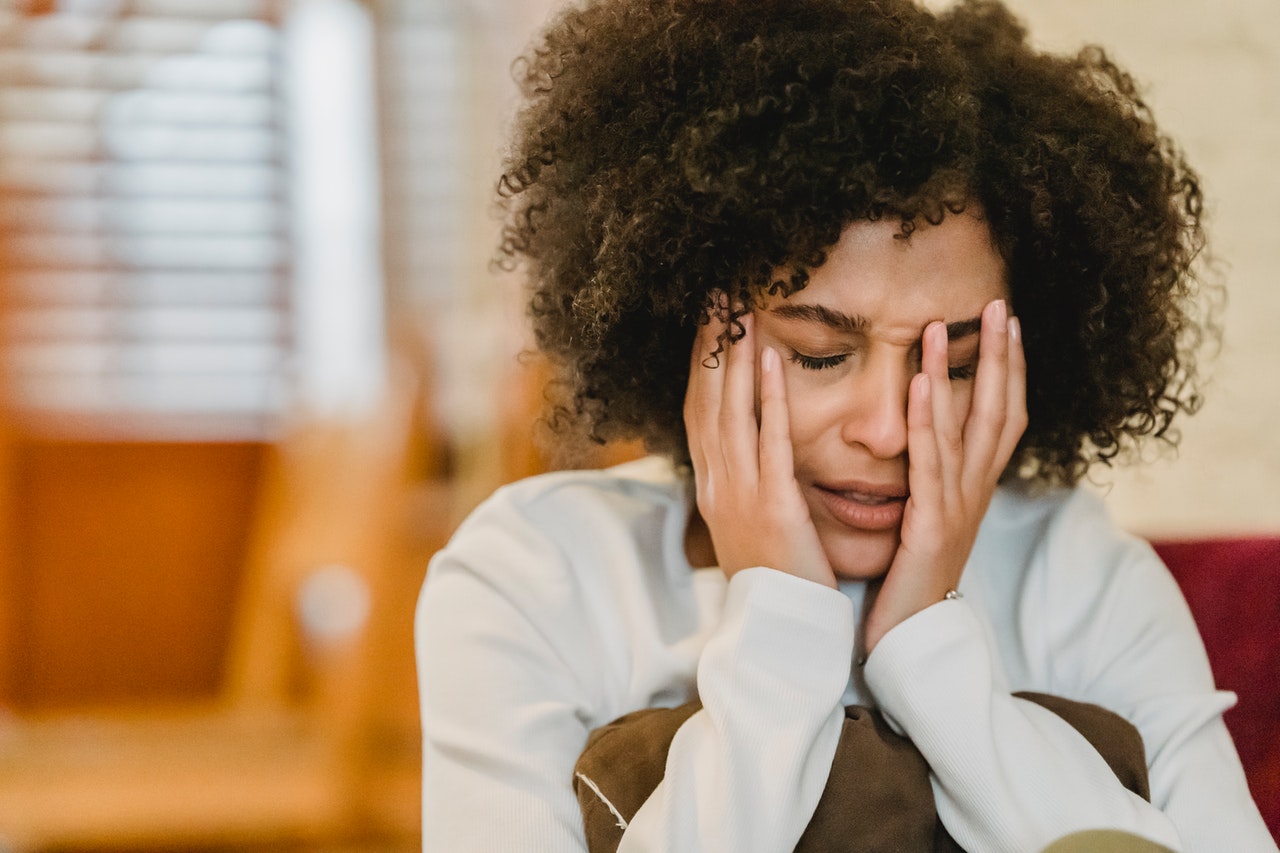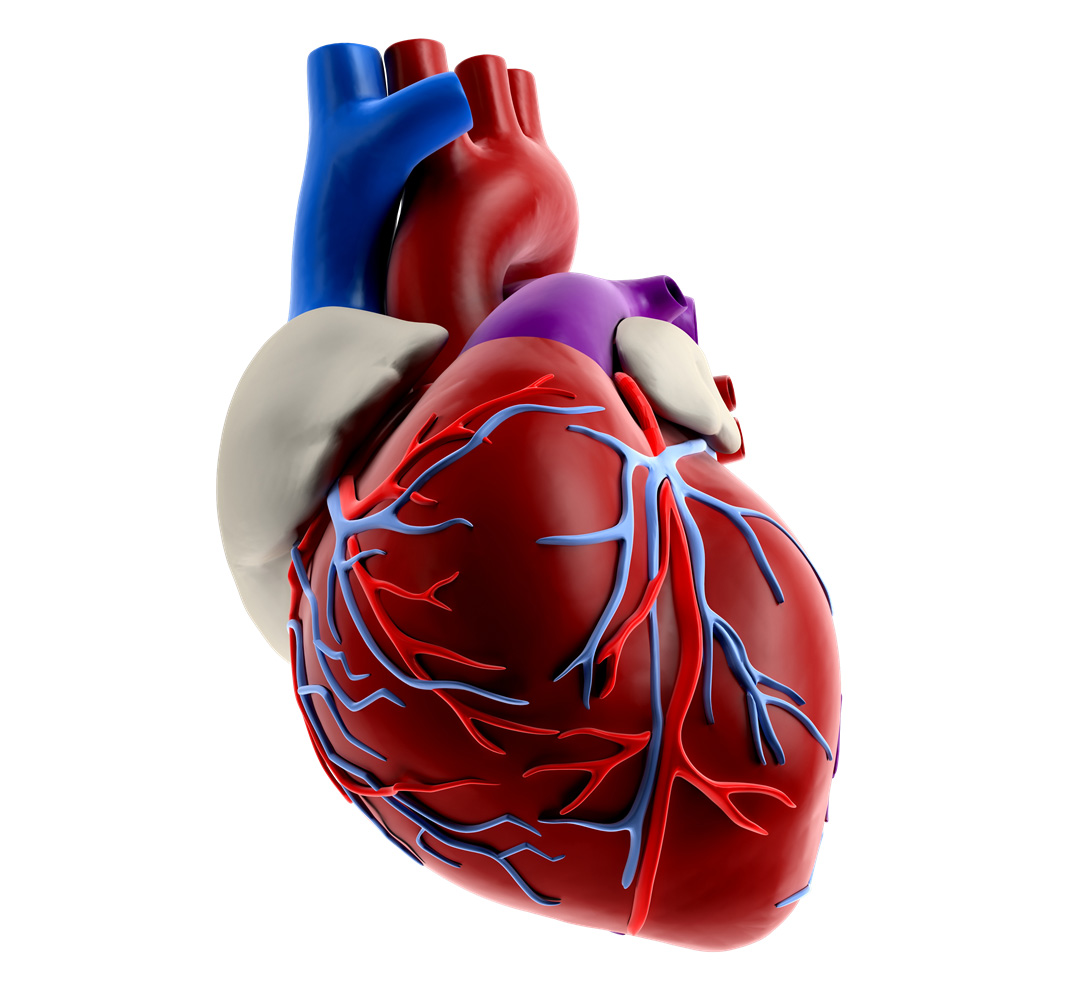Hypertension is another name for high blood pressure. It refers to blood pressure that is higher than normal. Your blood pressure typically changes throughout the day depending on what you’re doing, what you’re thinking, how you’re feeling. Blood pressure that is consistently above normal may result in a diagnosis of Hypertension by your Health Care Provider.
What is high blood pressure?
Blood pressure is a measurement of the pressure your blood exerts on the arteries as it flows through the body. Arteries are the blood vessels that flow from your heart to the rest of your body. Every beat of your heart pushes blood through the arteries to feed all of your cells with nutrients and oxygen. As the blood flows with each heart beat it puts pressure on the walls of the arteries. Every LUB DUB of your heart beat is measurable. A blood pressure measurement tells us the pressure at the LUB (this is the systolic pressure) and at the DUB (this is the diastolic pressure).
Very high blood pressure, or uncontrolled blood pressure, puts you at risk for heart attack, heart disease, stroke and kidney failure. The pressure exerted by the blood against the arteries and the organs themselves, when it gets too high, can cause damage and makes the organs and arteries work harder than they should. A normal, or average normal, blood pressure is considered 120/80.
There are 2 types of Hypertension.
The first is called essential hypertension. This means there is no underlying medical issue that is causing the high blood pressure. It can take years to develop and is usually because of poor lifestyle and dietary choices, and not managing your stress. This is the most common Hypertension.
The second is called - Secondary Hypertension. This means that there is a known cause behind the high blood pressure, usually kidney disease, thyroid or adrenal gland problems. Some medications your Doctor may have prescribed for other conditions can also cause high blood pressure.
What causes Hypertension?
Lifestyle and dietary choices are the biggest causes, and Stress is a big factor, too. These causes are easier for the individual to take charge of themselves and learn healthier choices and managing their stress.
Also on the list of causes: Family history, genetics, Race (some races have a predisposition for higher blood pressure), medications for other health problems, tobacco use, drinking too much alcohol.
Can Hypertension be avoided?
Yes. If the cause is diet and lifestyle, then we change our diet to avoid consumption of unhealthy processed and packaged food, avoid too much salt, stay away from sugar and high carbohydrate foods, eat healthy fats, eat real food, fruits and vegetables. Start an exercise routine, even if it’s just walking to begin with. And learn to cope with your stress. Change your perception of stress and it becomes much easier to live with. If your diet and lifestyle changes don’t go far enough to control your blood pressure you may need to start on medications.
Make sure you get enough quality sleep, so you wake up feeling refreshed.
If your Hypertension has race or ethnicity as a factor you may need medications to help you control it, but these dietary and lifestyle factors will go a long way toward minimizing your need for medical intervention.
What are the symptoms of Hypertension?
Hypertension is often called “the silent killer”. Most people with high blood pressure have no symptoms. Symptoms that may be experienced are: frequent nose bleeds, headaches, shortness of breath. These symptoms can occur once blood pressure has reached very high levels that can be dangerous. Then the symptoms can also include transient ischemic attacks, or mini strokes. People may also experience angina when the heart itself working too hard to pump the blood against the high pressures.
What is the treatment for Hypertension?
The number one and two treatment for hypertension is dietary and lifestyle changes. Lose some weight, even 10% drop in weight makes a huge difference and may be the deciding factor between a life with or without medication for hypertension. Make changes in how you cope with stress. You can’t stop stress from happening in your life but you can change how you perceive it and react it stress.
Your Doctor may prescribe medications to lower your blood pressure - Antihypertensives. There are several different medications for high blood pressure. Your Doctor will typically start with a gentle medication with few side effects, then monitor your blood pressure. If your pressure is high or not responding to the initial medications your Doctor will prescribe a higher dose or add different medications. People react differently to different medications. So, never compare you to anyone else for the medications or the amount you take. And never share your medications with anyone else.
What is a normal blood pressure?

As you can see in the above chart, normal blood pressure is considered 120/80.
Some Doctors will take that even lower to 110/70. When you get above 140 - 150 systolic consistently, and a diastolic above 90, you are getting into the high range. It must be consistently on the high side before treatment is necessary. As noted above, everyone has ups and downs constantly with their blood pressure. If you just finished a coffee and were thinking about something worrisome, your blood pressure will be up. If you are with a loved on having a great time, or petting your dog, your pressure may be on the lower side. If you just finished a long run of bike ride your pressure will be up. That is normal. It isn’t normal for your blood pressure to go up and stay up. This can lead to disease of the heart, kidney, brain, etc. Talk to your Doctor about what is right for you. You are a leader in your own health.
What alternative therapies can help lower my blood pressure?
There are some fantastic complementary and alternative practices that can help you manage your high blood pressure, indeed, help you manage your health.
Stress management is number one on the list. Managing your stress, how you perceive it and what you do to deal with it, goes a long way to staying healthy. Exercise is the most natural way of getting rid of all the stress hormones floating around in your body after a stressful event. Exercise is also number one on the list of relaxation. Other methods of relaxation and stress reduction are: deep breathing exercises, imagery and visualization, meditation (there are as many ways to meditate as there are people. Find one that works for you.), Yoga, progressive muscle relaxation, etc.
There are also supplements and home remedies you can take to help. Vitamin D, calcium and Magnesium are a quick add on test your Doctor can do to find out if you are deficient. Garlic, black seed oil, CoQ10, and many others have been shown in numerous studies to be useful. Take to a healthcare provider who is familiar with these supplements before taking them. An Integrative Care Practitioner or Naturopath Dr. can steer you in the right direction on supplements.

